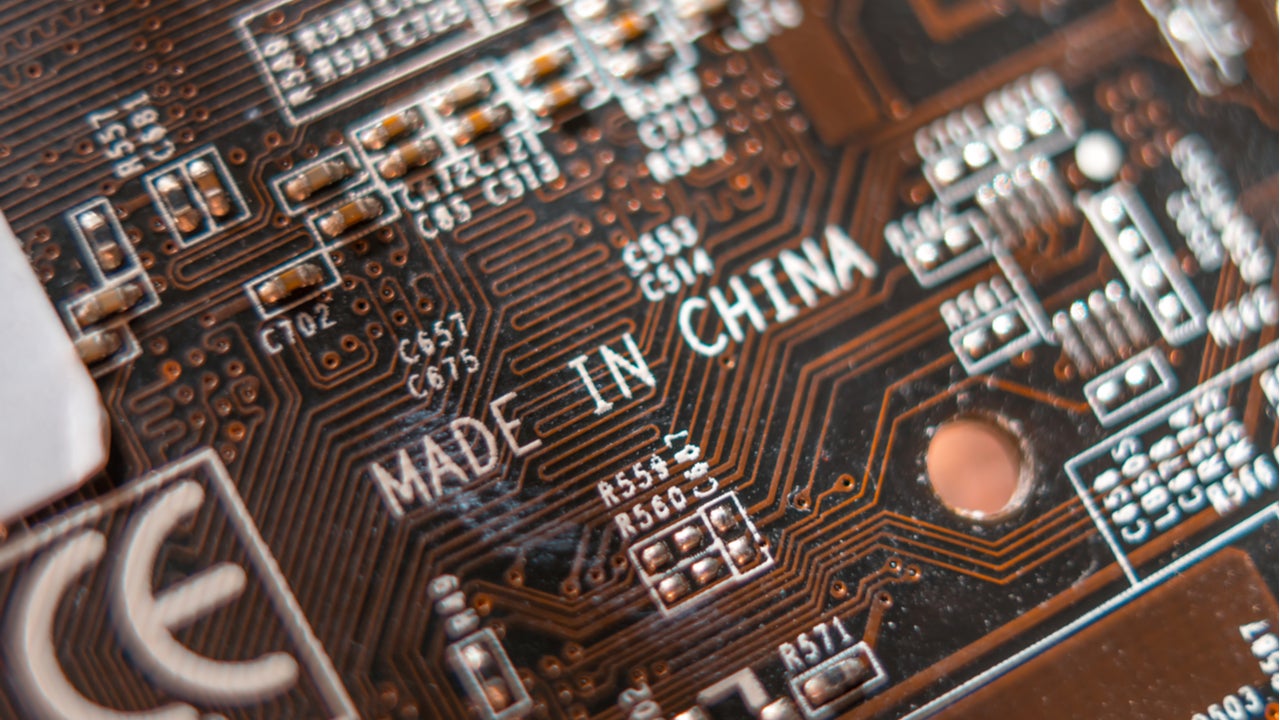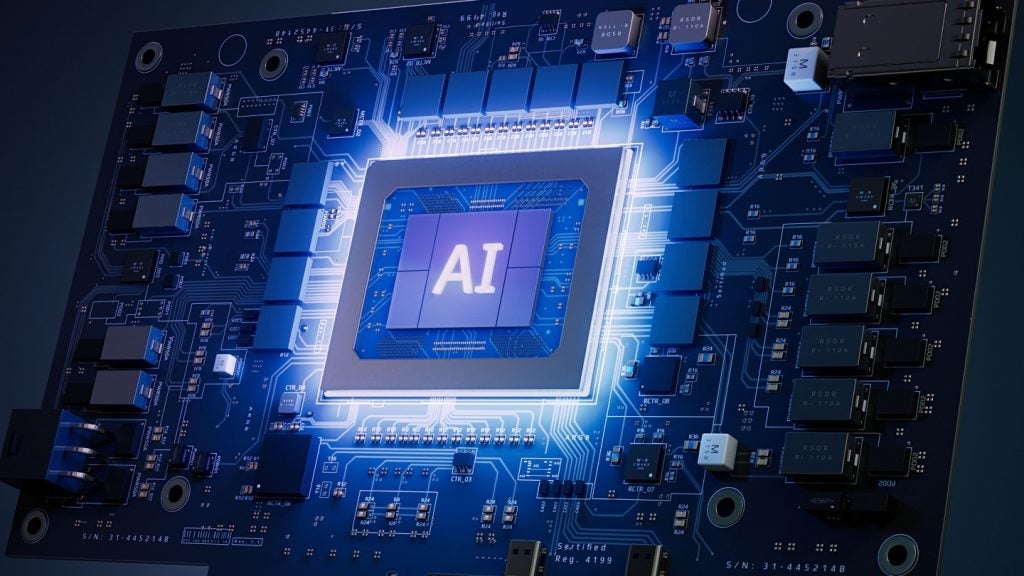
Loongson Technology, a semiconductor design company founded by the Chinese Academy of Sciences (CAS), has filed for an initial public offering (IPO) in Shanghai to raise more capital in the hopes of accelerating China’s chip self-sufficiency.
The company results from a public-private partnership between BLX IC Design Corporation, established in 2002 by the Chinese Institute of Computing Technology (ICT) and Jiangsu Zhongyi Group. Founded by the chief chip architect at the CAS, Hu Weiwu, the company’s main purpose is to strengthen China’s semiconductor industry.
The Beijing-based entity aims to sell up to 41m shares to raise 3.5bn yuan ($542m) on Shanghai’s Science and Technology Board, also known as the Star Market. The listing, equivalent to 10% of its capital, involves the company issue new stock, Chinese media reported.
Loongson’s listing is yet another move by the Chinese state-led industrial sector to amass the financial and technological muscles to ramp up its domestic semiconductor prowess.
As part of its Made in China 2025 plan, the country set aside a $1.4tn state program to support R&D in key enabling technologies over the next five years. Previously, China indicated its aim to supply 75% of its semiconductor demands with domestically manufactured chips by 2025. By 2035, the country wants to be fully self-sufficient in the semiconductor market.
According to GlobalData’s IC Insights, China still supplies less than 10% of its semiconductor needs from Chinese companies. Back in 2016, President Xi Jinping said:
How well do you really know your competitors?
Access the most comprehensive Company Profiles on the market, powered by GlobalData. Save hours of research. Gain competitive edge.

Thank you!
Your download email will arrive shortly
Not ready to buy yet? Download a free sample
We are confident about the unique quality of our Company Profiles. However, we want you to make the most beneficial decision for your business, so we offer a free sample that you can download by submitting the below form
By GlobalData“The fact that our core technology is controlled by others is our greatest hidden danger.” In a recent national address, he doubled down on this sentiment, reiterating that technological independence should be seen as a “strategic goal for national development.”
Over the past two years, there has been a semiconductor boom in China, despite a lack of skilled managers and engineers, fuelled by subsidies, soft loans and fast-tracked IPOs.
Loongson (at the time known as Godson) began in 2001 as a research team under the Chinese Academy of Sciences, the country’s primary think tank for scientific and technological research, and was spun out as a separate entity in 2010 to commercialise its chip development research.
The company focuses on designing 64-bit general-purpose and embedded processors, together with developing software tools and reference platforms. STMicroelectronics, a French-Italian multinational electronics manufacturer, fabricates and markets Loongson’s chips, which is fabless.
The company said it planned to spend a third, or 1.25bn yuan, of its IPO proceeds on research and production of advanced semiconductor production. About 1.05bn yuan will be used for research and development of graphics processing units (GPU), the parallel processing circuits that can crunch large amounts of data rapidly, capable of supporting applications such as artificial intelligence (AI), machine learning and blockchains. The remaining 1.2bn yuan will be used as liquid capital, Loongson said.





